no products in the cart
0

A fascination with the wind, and perhaps the concept of 'draft' as both a tentative version and a rush of air, runs throughout Celia Hollander’s exquisitely detailed compositions. Notes flow into each other, shifting gently in intensity, from barely-there motion to wider, billowing passages. The piano drifts through the music, open and atmospheric.
Wind, the natural movement of air, is invisible but perceived through mediums: swaying branches, whistling pipes, blowing hair, and clashing wind chimes. Filled with these daily associations, it’s easy to overlook the beauty of the wind itself: an ethereal turbulence of air molecules, each with their own dynamics, wildly shifting in direction and momentum.
Celia Hollander’s album, 2nd Draft, is a tribute to the motion of making music: the invisible, forceful current that runs through humanity. In the way the wind finds expression in the mediums of leaves, hair, or dust, music is an unseeable current with its own energy, finding expression through resonant bodies, vibrating strings, trained fingers, colliding objects, and more.
2nd Draft was recorded while Hollander was a composer in residence at the Kimmel Harding Nelson Center for the Arts in Nebraska City, NE, in 2022. While working on multiple projects, she decided to improvise on their upright practice piano for an hour every day. Writers refer to this type of practice as a “free write:” letting words from the unconscious torrentially fill a duration. Hollander compares these sessions to a sitting meditation: at best, the hour soars by; at worst, it can feel like a tedious way to spend time. Once back in Los Angeles, she sifted through the recordings, chose excerpts, and digitally marinated and simmered morsels of audio until achieving a desired texture, viscosity, and aroma.
€31,00
in stock

A fascination with the wind, and perhaps the concept of 'draft' as both a tentative version and a rush of air, runs throughout Celia Hollander’s exquisitely detailed compositions. Notes flow into each other, shifting gently in intensity, from barely-there motion to wider, billowing passages. The piano drifts through the music, open and atmospheric.
Wind, the natural movement of air, is invisible but perceived through mediums: swaying branches, whistling pipes, blowing hair, and clashing wind chimes. Filled with these daily associations, it’s easy to overlook the beauty of the wind itself: an ethereal turbulence of air molecules, each with their own dynamics, wildly shifting in direction and momentum.
Celia Hollander’s album, 2nd Draft, is a tribute to the motion of making music: the invisible, forceful current that runs through humanity. In the way the wind finds expression in the mediums of leaves, hair, or dust, music is an unseeable current with its own energy, finding expression through resonant bodies, vibrating strings, trained fingers, colliding objects, and more.
2nd Draft was recorded while Hollander was a composer in residence at the Kimmel Harding Nelson Center for the Arts in Nebraska City, NE, in 2022. While working on multiple projects, she decided to improvise on their upright practice piano for an hour every day. Writers refer to this type of practice as a “free write:” letting words from the unconscious torrentially fill a duration. Hollander compares these sessions to a sitting meditation: at best, the hour soars by; at worst, it can feel like a tedious way to spend time. Once back in Los Angeles, she sifted through the recordings, chose excerpts, and digitally marinated and simmered morsels of audio until achieving a desired texture, viscosity, and aroma.


we write about records, events, and other small discoveries.

